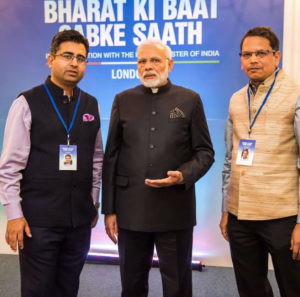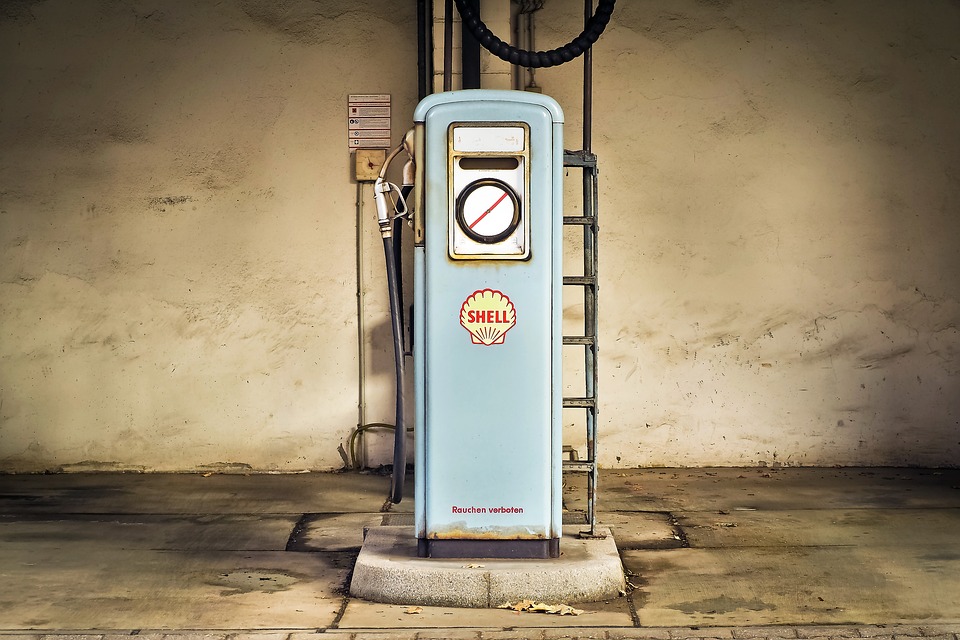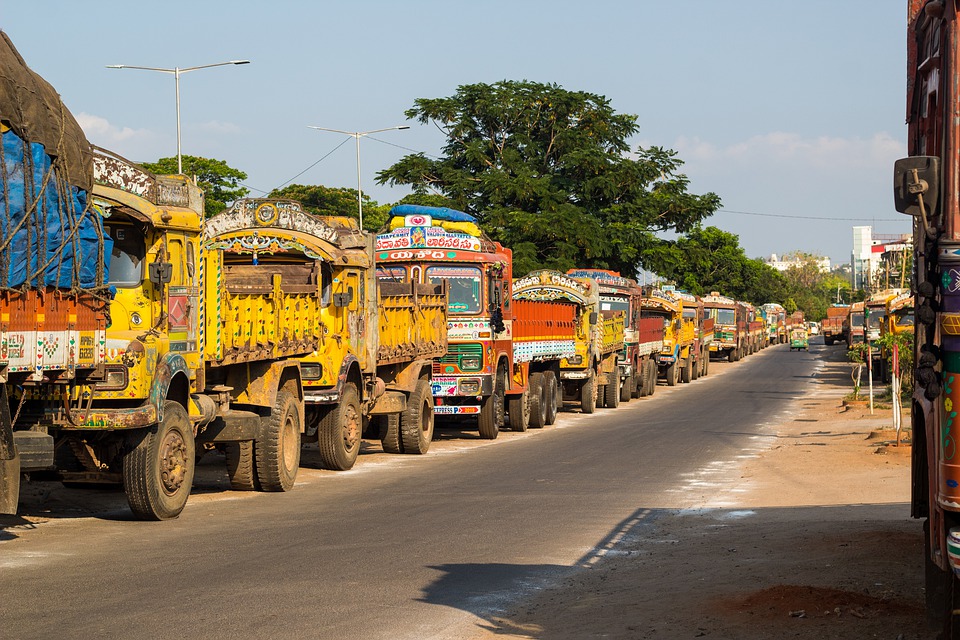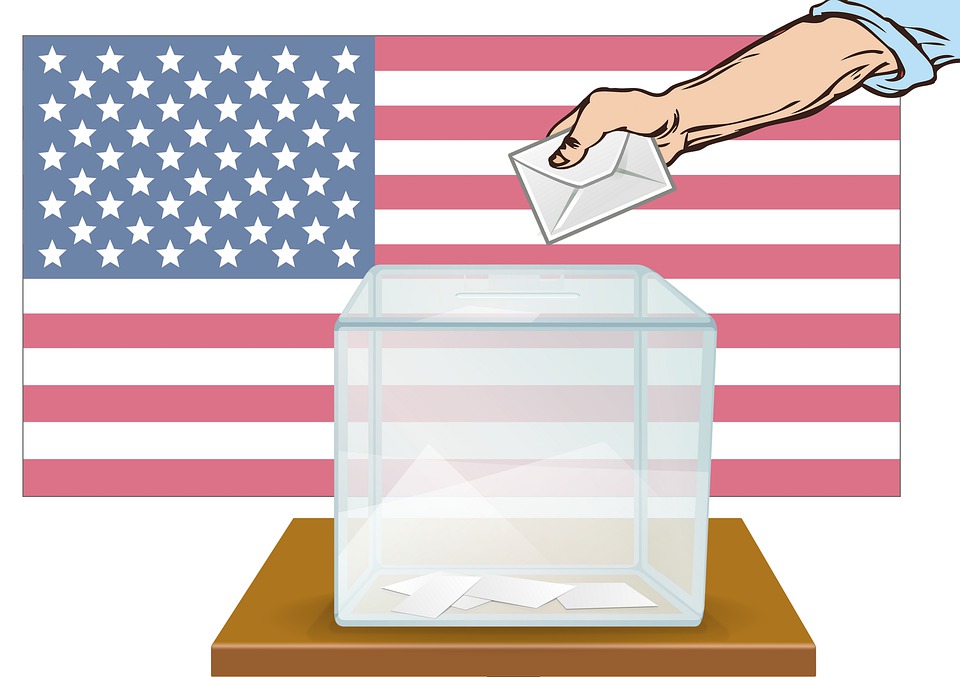Improve Your IQ, Subscribe to Suvipra’s Newsletter
Suvipra’s Newsletter
The Suvipra Team (www.suvipra.com) spoke with Mr. Vijay Chauthaiwale (In-charge: Overseas Friends of Bharatiya Janata Party (OFBJP) and Foreign Affairs Cell of BJP) and Mr. Ashwin Johar (In-charge: India Russia Bilateral Council of NITI Aayog, Ex. Chairman: Foreign Investment & NRI Cell, Govt. of Haryana, Central team: OFBJP. Vice Chairman: Centre for Economic and Policy Research).
The conversation revealed how India is excelling under the dynamic leadership of PM Narendra Modi (Also Read : Business Lessons That Can Be Borrowed from PM Modi) and his team of ministers. Here are excerpts from the wide-ranging conversation.
Question: PM Modi has had highly productive foreign tours to a number of countries. If we compare with the visits of former Prime Ministers of India, how have these visits been more successful? And can you shed some light on the prominent achievements during these trips?
Answer: The difference between former PM’s visits and that of PM Modi’s is that now they are highly agenda-centric. PM Modi views his foreign visit as either diplomatic or geopolitics-centered or economics-centered. Former PMs toured mostly on an invite-basis or out of compulsion. Things have drastically changed under PM Modi with foreign tours being regarded as target-oriented and result-driven.
Another key difference, which has always been highlighted in international media, is that on previous occasions only Indian missions overseas were involved. Now, we connect the Prime Minister with Indian expatriates residing in the country visited by him. The outreach has been unprecedented with Indian expats being called upon by PM Modi and addressed on multiple issues. Diaspora today feel more connected with their homeland.
When one talks of achievements, there are many. If we were to select a few, let’s name International Yoga Day that is now recognized by the United Nations. Thousands of cities in foreign countries participate in various activities on Yoga Day and the enthusiasm has been unparalleled. Secondly, we are now on friendly terms with even those who view one another as their arch rivals, for example Israel and Palestine, Iran and Saudi Arabia, USA and Russia which is a huge diplomatic win for India.

Question: You have been speaking to Indians residing overseas and must be aware of their perception. What is it that they want to be improved in India – education, healthcare, income disparity, gender discrimination, air pollution or something else?
Answer: One piece of PM Modi’s leadership that has struck a chord with Indians residing overseas is his pledge to create a new India that is as clean as was envisaged by Mahatma Gandhi. The Swachh Bharat Abhiyan has raised hope among expatriates that their home country will soon be as clean as the countries which they are presently residing in. Indeed, they want India to improve on all aspects including healthcare and education. Everyone is optimistic about future.
Question: We congratulate your government to have given the political go-ahead for the A-SAT programme. We know that when China did so in 2007 there was an international outcry and widespread criticism. But this is not in India’s case. Why?
Answer: Today’s India has very strong diplomatic relations with all major powers, be it the US, European countries, Middle East nations or Asian countries. All foreign nations acknowledge the fact that India is not a country that craves for hegemonic position or that the balance of power must be tilted towards its side. All India wants is inclusive development and global cooperation in the field of technology.
PM Modi, in his televised address, reassured India’s commitment to peaceful use of new technology and all countries have placed trust in him. Lastly, the Vasudhaiva Kutumbakam approach of India where we treat the world as one family reasserts our commitment towards global stability and hence, no country doubts our intentions.
Question: With USD 38 billion in inward FDI, we overtook China (USD 32 billion) in 2018. The commerce minister Mr. Prabhu says the target for next 2 years is USD 100 billion. Can you throw light on how record USD 38 billion in 2018 could be made possible? Is it only India’s consumption appetite or is the government working behind the scenes? What is it? Stable fundamentals of Indian economy, the bankruptcy code or what that is attracting giants like Walmart and Schneider Electric?
Answer: First things first. Policy intervention by the Modi-led government has attracted global investors to India. Rating agencies and IMF have praised intended long-term outcomes of measures like Insolvency and Bankruptcy Code and GST. Then, we have significantly improved our ranking in Ease of Doing Business Index. Foreign investors always search for places that are pro-business and pro-entrepreneurship. Secondly, China’s growth story is now fading. India is working on development of its coastal regions and thus replacing China as world’s engine of growth.
The intentions of the present government are transparent and investors understand that the reformist stance of PM Modi and his cabinet will further strengthen the fundamentals of Indian economy. The single-window facilitator and dedicated agency for investment promotion, Invest India, is serving as one-stop solution for investors. In the state of Haryana, we have Haryana Enterprises Promotion Center which is a single-window clearance system. All permissions are granted within a fixed timeframe of 45 days, and in case it is not, it is deemed approved on the 46th day.

Question: India’s relations with Pakistan and China have more or less remained sour. Should India think of a decisive attack on Pakistan? Can we not go the US way and impose hiked tariffs on imports from China?
Answer: India is a peace-loving country and the present leadership does not want to disturb international stability. Air strikes on Pakistan were only a pre-emptive action against the possible repeat of Attack like Pulwama where our brave CRPF men lost their lives. And Indian Air Force only strikes the targets where Terrorists were present not against the People of Pakistan or Against the Pakistan forces. Yes, any further escalation by Pakistan based terrorist will be dealt with in the same manner under the leadership of PM Modi. As far as imposing tariff on China is concerned, the PM wants India to become self-sufficient first, Make in India is a part of this ambition. So at least for now, we will abide by our commitments in WTO and let free trade happen.
Question: Can you tell us why persons of Indian origin are so motivated to campaign for any particular political party during the time of polls in India. What is it that motivates them despite the fact that they are ineligible to participate in Indian polls due to them having no Indian citizenship and no provision for dual citizenship in India.
Answer: Any Indian outside of his motherland is as emotionally connected with the country as any Indian residing within India. Mahatma Gandhi went to South Africa as a youth and earned accolades for his works there. Still, he returned to India to further the cause of Indian independence. Moreover, we all know how Netaji Subhash Chandra Bose attracted overwhelming support for his Indian National Army from tens of thousands of Indian expatriates in Malaya (Malaysia) and Burma. They fought for the common cause that was India’s independence from British Raj. Same is the case today.
The Indian Diaspora want their country to excel in all fields and political space is the one that serves as an enabler. Today, almost every Indian residing overseas views PM Modi as an agent of change.
PIOs are impressed with today’s government’s reformist agenda and dedication towards inclusive development. Admiration for Indians residing abroad has swelled of late and feel elevated globally, which many of them relate with PM Modi’s productive and engaging visits to their country of domicile. One must know that you can take an Indian out of India but you cannot take India out of the heart of that Indian. They simply love their country and participate in political activities so that good governance and ethical leadership can be endorsed. PIOs hugely contribute for India’s progress, not only financially but also by forming organizations and communities abroad and participating in voluntary work to further India’s development story.
Question: Lastly, if you have to pick up a few qualities of Modi Ji, since you have closely watched him and worked with him, what will they be that the youth of today should imbibe?
Answer: He is a man of commitment. He is very punctual and respects time. The youth can learn from his punctuality and how he undertakes all tasks devotedly, from interacting with people on his Mann Ki Baat programme to meeting world leaders. For him, nothing is less important.
Also Read : Modi’s New Pull to Check Brain Drain
Suvipra aggregates essential blogs in one place for enhancing general awareness and intellect of the readers. Read, Lead and Succeed.
Reach a wider audience for free!
To get your blog published on Suvipra.com, click Submit Your Blog
Increase the number of clicks to your own website for free!
To submit the link to the blog on your website, click Submit Your Blog Link


























